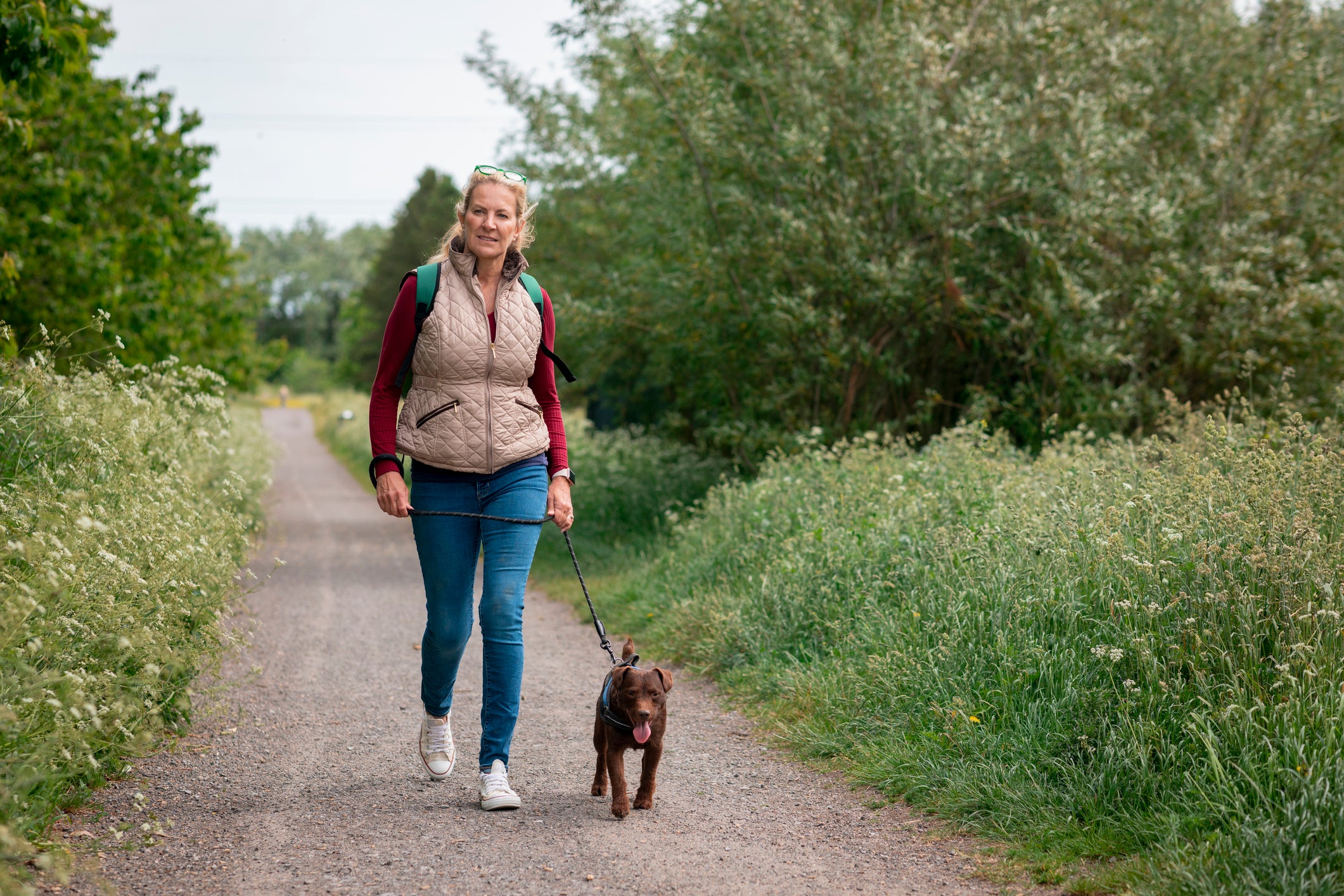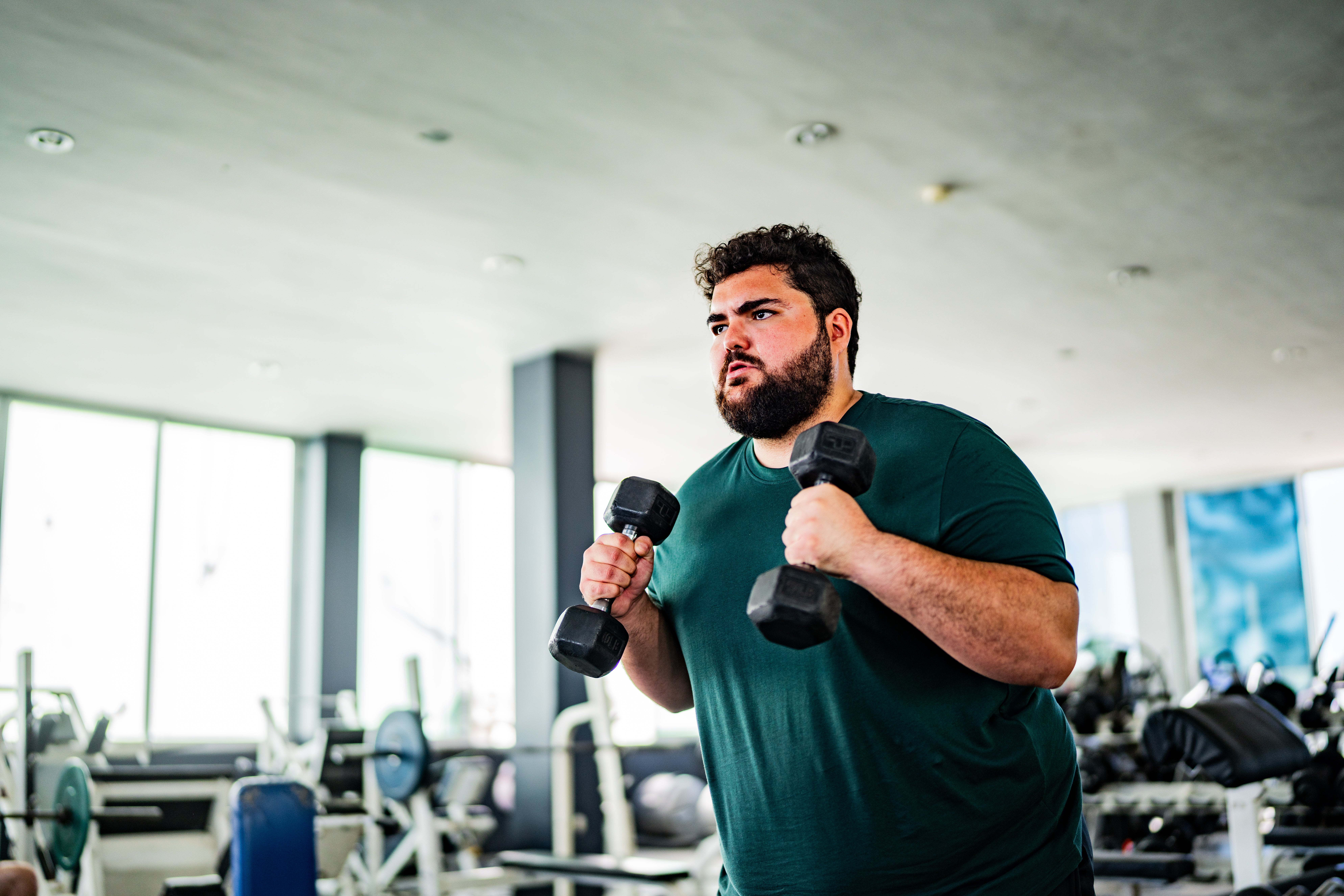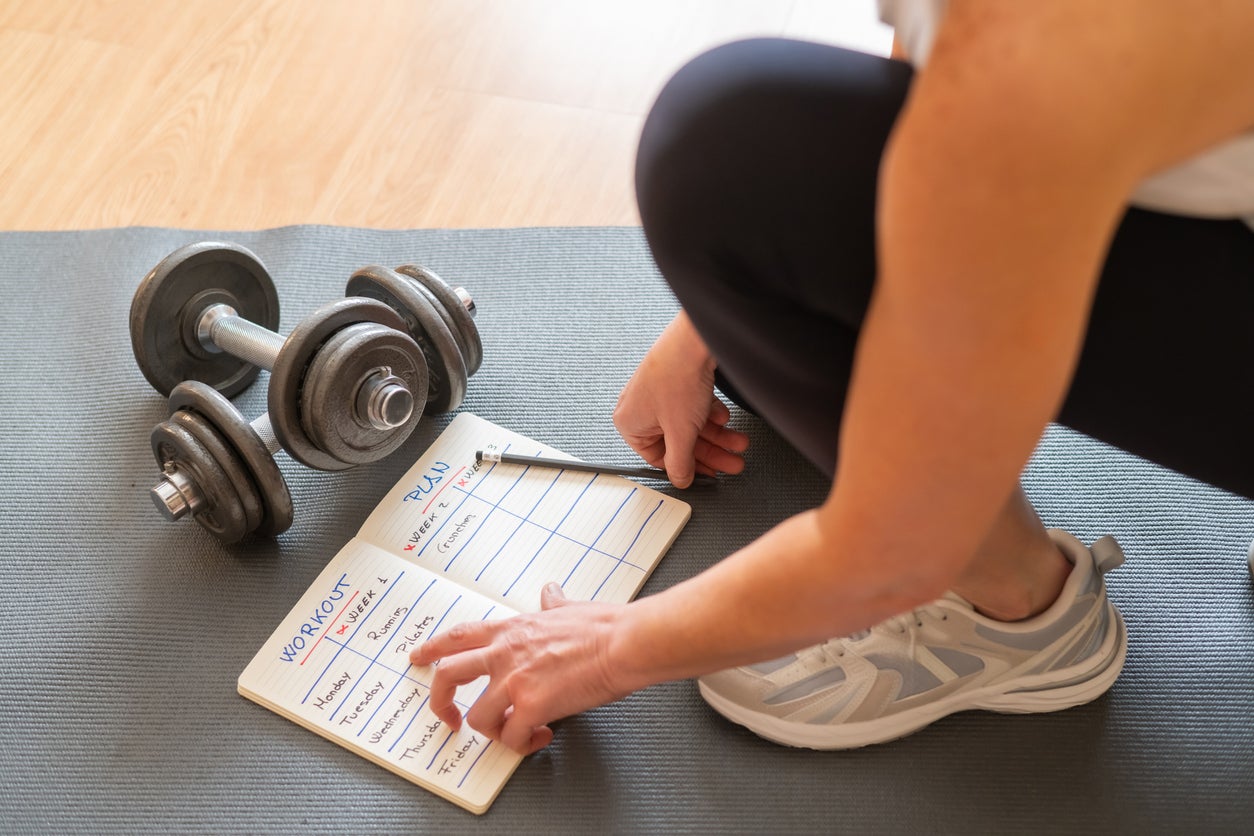Most days, we do things that aren’t particularly good for us while actively avoiding others that are – shunning a post-work run in favour of a pint, for example. Such is life.
But if you can establish a few beneficial daily behaviours, and gradually forge them into non-negotiable habits, you will have a considerable head start over most people when pursuing improved health and fitness.
Dan Lawrence is an expert in this area. As the founder of performance coaching company Perform365, he is responsible for improving the health of everyone from chief executives to elite athletes. And, he reveals, the building blocks for this process are remarkably simple and similar across the board, no matter your fitness level.
“Non-negotiables are the glue that holds your health and performance system together. They make sure you show up, even when motivation isn’t there,” he says.
“If you’re new to training, creating daily non-negotiables is a great way to start, offering small wins with benefits that compound over time. But I’ve also used non-negotiables at the highest level of professional sport with supreme athletes like boxer Conor Benn – they really do work for everyone, irrespective of where you are on your journey.”
What counts as a daily non-negotiable?
“A non-negotiable is a daily standard or action you commit to without compromise – no matter how busy, tired or unmotivated you feel. It’s the difference between ‘I’ll try’ and ‘I will’,” says Lawrence.
One major advantage of developing these behaviours is that they can “remove decision fatigue”, he adds. “When a habit is non-negotiable, you no longer waste energy debating whether to do it – you just do it, and over time it becomes habitual. Small, consistent actions executed daily then compound into tangible results, leading to major shifts over time.”
By making your non-negotiables accessible and autonomous, you can weather the many storms a hectic schedule will inevitably throw at you.
“We all face stress and unpredictable schedules,” says Lawrence. “Non-negotiables ensure key habits aren’t abandoned in these moments, keeping you on track amid the chaos. Following through, even when it’s inconvenient, also trains discipline, which carries over to every other area of life.
“For example, if walking 10,000 steps per day is a non-negotiable for you, and you’re at 6,000 by 8pm, you get up, walk and hit the target. It’s not about steps – it’s about keeping your word, reinforcing high-performance habits and staying aligned with your bigger goals.”
Dan Lawrence’s top daily non-negotiables for improving health and fitness
Fitness is an incredibly individualised thing. In Lawrence’s experience, the non-negotiables below offer the most bang for your buck for all-comers, but each one can be tailored to suit your specific needs.
For example, if you currently average 3,000 steps per day, the industry standard target of walking 10,000 steps per day may be unattainable at first. Instead, try aiming for 5,000 then slowly build this figure up over time.
You do not have to adopt all five behaviours immediately, either. To begin with, try picking one or two you feel confident you can stick to. Then, if this is successful, you can add more non-negotiables into your daily routine at a later date.
You can also scroll down for Lawrence’s guide to setting appropriate and effective daily non-negotiables – this will help you identify beneficial habits that work with your goals and lifestyle.

Read more: Five stretches you should be doing every day according to a flexibility expert
1. Move more
“NEAT stands for non-exercise activity thermogenesis – movement outside of your structured training window,” says Lawrence.
This can include walking to the shops, swapping the escalator for the stairs, doing housework, gardening or carrying heavy shopping bags.
“Daily movement is one of the most overlooked drivers of long-term health and body composition,” Lawrence continues. “It supports cardiovascular health and doesn’t add much stress to your body or [nervous] system.
“NEAT can also account for a large portion of your daily calorie burn – often more than your actual workouts. People with higher NEAT tend to find fat loss easier and [weight] maintenance more sustainable, because they’re burning more energy through daily movement without needing extra training sessions.
“For this reason, it’s one of the easiest levers to pull for improving energy expenditure without adding stress from more intense exercise.”
2. Drink more
Aim to consume two litres of water per day. “Hydration helps focus, recovery and performance,” Lawrence says. “Research shows that losing just 2 per cent of your body weight through fluid loss can significantly impair physical and cognitive performance.”
3. Exercise regularly
“Training builds strength, then mobility protects it,” says Lawrence. “Merge the two together and they’ll increase your chances of staying fit and injury-free.”
He prescribes committing to some form of training each day, whether that’s a run, exercise class, trip to the gym or home workout. On rest days, or days where you feel the need to ease off the throttle, you can complete a lower-intensity mobility routine like the one demonstrated by Lawrence above.
Take a look at The Independent’s guide to strength training for beginners for ideas on how to start and structure your exercise plans.
4. Consume less alcohol
Opt for one glass of wine rather than one bottle. “Lowering alcohol intake improves sleep quality, hormonal balance and recovery, giving you more energy, better body composition and sharper focus during each day,” says Lawrence.
His advice does not involve cutting alcohol from your diet completely, but rather encourages you to be more cognisant of the amount you drink in an evening.
5. Set a protein target
Start with 125g per day as a minimum, or two grams for each kilogram of body weight. “Protein repairs muscle and improves satiety or appetite control,” Lawrence explains. “It is also essential for performance, fat loss and healthy ageing [as it supports the growth, maintenance and repair of bodily tissues, including bone and muscle mass].”
To enjoy these effects, it is important to consume enough protein to support your activity levels. Lawrence recommends a minimum of 125g per day, or 2g of protein per kilogramme of body weight if you are looking to build muscle.

The value of healthy habits
Making wholesale changes to your diet, exercise plans and lifestyle in a bid to hit your health goals is unlikely to work in the long term. Because these changes mark such a departure from your usual routine, they are often unsustainable and you are likely to fall back on old habits sooner rather than later.
A 2018 report published in the American Journal of Lifestyle Medicine reinforces this. It states: “One of the greatest challenges to lifestyle medicine is patient adherence. Lifestyle diseases inherently require lifetime prevention and treatment. Therefore, adherence to lifestyle medicine recommendations must also be long term.
“However, routines take time to establish. Adding in too many changes to a day will likely be difficult for the patient to sustain and may result in ‘behaviour relapse’.”
To remedy this, the report suggests incorporating “one or two changes at a time, slowly building a routine for health”.
Doing something daily is one of the simplest structures you can use when trying to implement this – and simple things tend to have more sticking power. The key is adopting habits that are both sustainable in the long term and successful in helping you hit your fitness goals.

The three-step method for setting non-negotiables
Identify your goal
The first step in deciding what your daily non-negotiables will be is determining the direction you want them to take you. This does not need to be overly specific.
“For example, you could be looking to become more consciously aware of your health and improve your body composition – or reduce your body fat percentage,” Lawrence says.
Select habits that align with this goal
Step two is identifying a selection of daily behaviours that will take you closer to this goal.
“All of the above non-negotiables are linked to the goal of improving body composition and health,” says Lawrence.
Moving more and exercising regularly can increase calorie burn, while pairing reduced liquid calories with drinking more water can reduce calorie consumption, increase feelings of fullness and improve how you feel.
Protein also aids muscle protein synthesis – or muscle growth – when twinned with strength training, and improves satiety too.
Track your progress
It’s easy to sink a significant chunk of your payslip into fitness trackers, app subscriptions and fancy exercise equipment nowadays – but sometimes a pen and paper will suffice.
Lawrence’s final piece of advice involves creating a chart of your daily non-negotiables, then ticking off each day you successfully stick to them. This will hold you accountable and reinforce the positive behaviours, encouraging you to keep them going.

Read more: We’ve overcomplicated fitness – these six simple things will make you healthier than most people
How long before you start to see the benefits?
Lawrence recommends maintaining your chosen non-negotiable habits for 30 days to begin with, then checking in on your progress – ”Do you look or feel any better?”
Positive impacts could include improved physical capacity and function, more mobility, increased strength, decreased body fat, boosted energy levels, increased confidence and a greater sense of wellbeing.
If you notice the desired results, do not fall off the wagon, he urges. The key to continued success is to stay disciplined and keep the momentum going.
“Sir Dave Brailsford introduced the concept of marginal gains – more recently popularised by James Clear in Atomic Habits – which is the idea that becoming 1 per cent better each day can improve your life by 37 times over a 12-month period,” Lawrence says.
“If you do these non-negotiables for 90 to 120 days, you will see a profound difference in your health and fitness. And after one year? You can literally change your life.”

